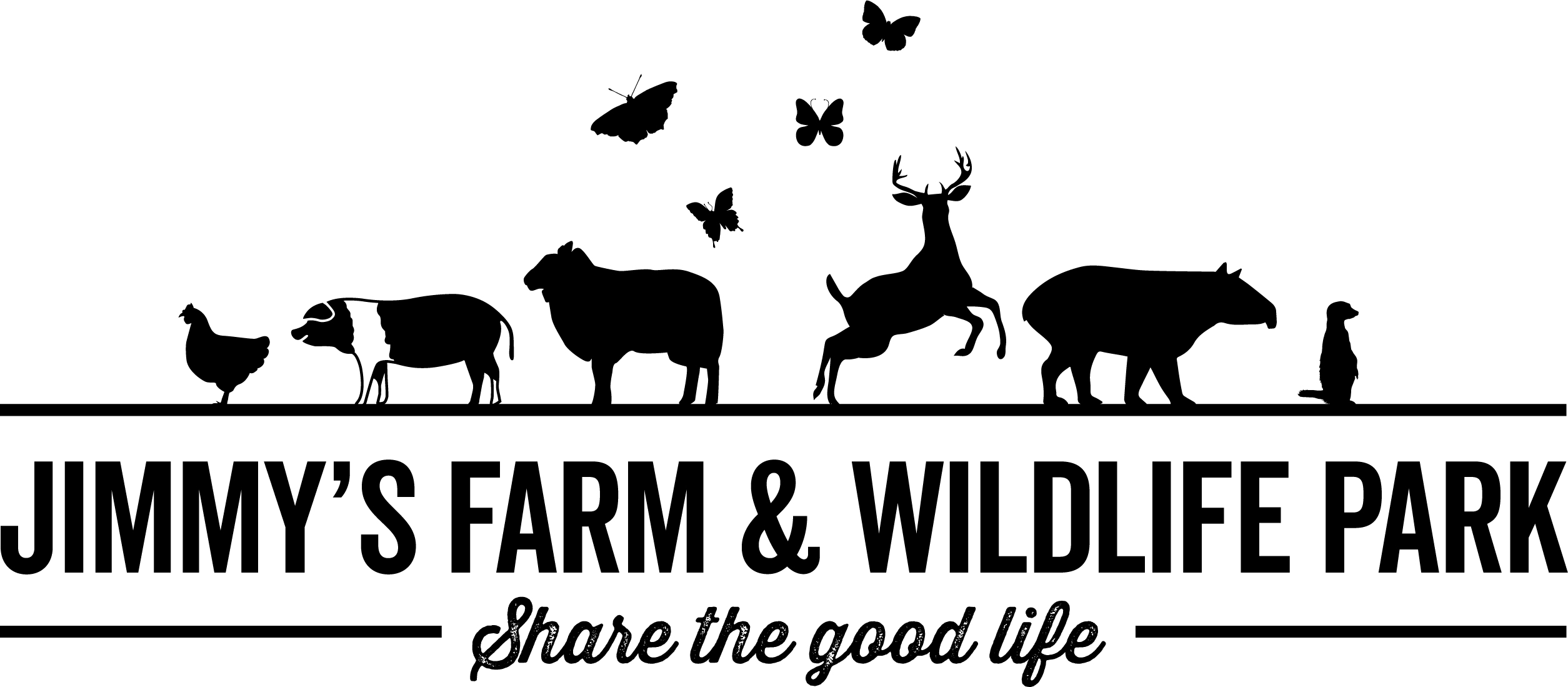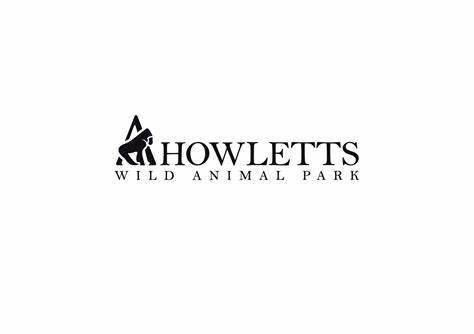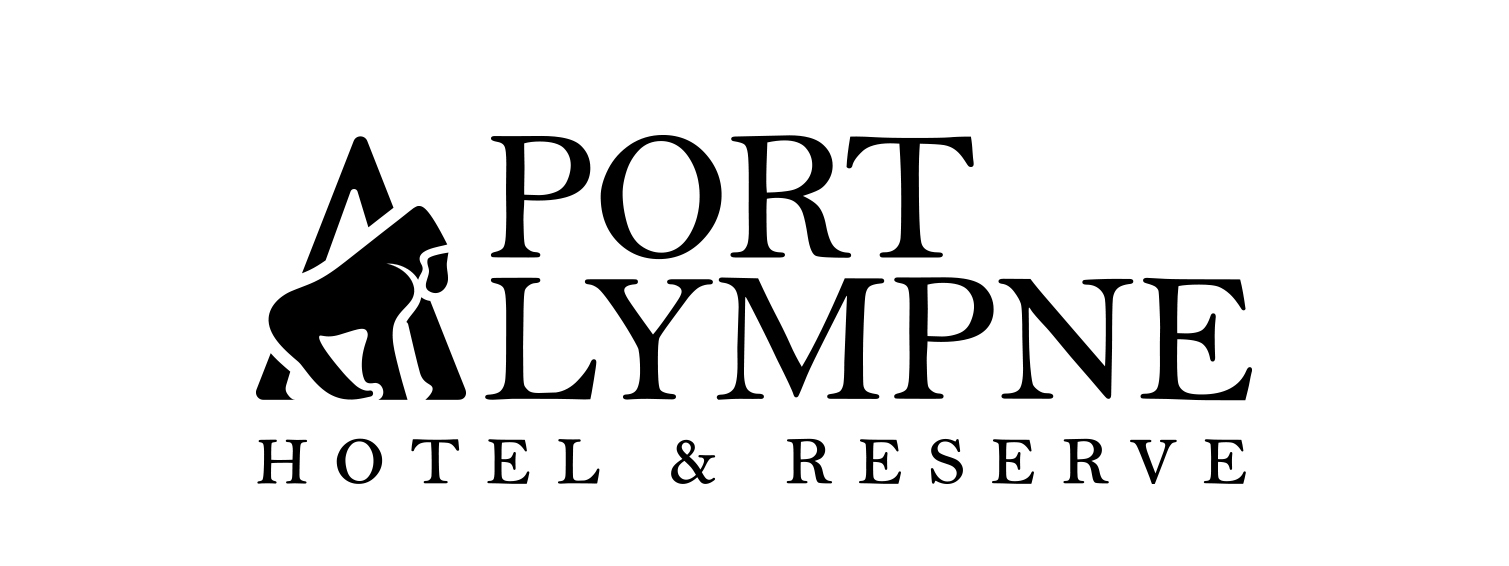"Zoo keeper" is a term used to describe an individual who cares for animals in zoological parks or aquariums.
A career as a zoo keeper offers a unique opportunity in the specialised and demanding profession of maintaining captive exotic animals for conservation, research and education. Zoo keepers care for a diverse collection of animals from mammals and birds to reptiles and amphibians to fish and invertebrates.
Many keepers become highly specialised, concentrating on a specific group of animals such as exotic birds, great apes, elephants or reptiles. Some of these keepers develop reputations that are recognised internationally.
Are you a looking to advertise a vacancy at your collection ? It is free to post adverts just email info@abwak.org.

Yorkshire Wildlife Park – Primates Section Head
Abwak Webmaster

Assistant Zoo Keeper
Abwak Webmaster

Animal Technical Support Officer (Mammals) – Chester Zoo
Abwak Webmaster

Qualified Ranger – Jimmy’s Farm & Wildlife Park
Abwak Webmaster

Full time Animal Keeper
Abwak Webmaster

Gorilla Keeper – Howletts Wild Animal Park
Abwak Webmaster
Animal enclosures need to be hygienically cleaned every day; this is the major part of a keeper’s daily workload and can be very physically demanding depending on which species is involved. Sweeping, hosing, scrubbing, shovelling and window cleaning are repetitive but essential daily tasks. Captive animals confined to enclosures cannot escape their own detritus; the build up of which encourages parasites and pathogens which can then lead to ill health. A keeper must be prepared to work outside in all weather conditions or indoors sometimes in tropically heated environments.
Other duties include the maintenance of animal enclosures, food preparation, providing enrichment and training. Keepers may help design, build and repair animal enclosures; a basic grasp of DIY and gardening skills is required for the upkeep of an exhibit. Being part of a team of like-minded colleagues on an animal section can be very rewarding as well as networking with keepers from other collections. Keepers must also liaise with other professionals within the zoo such as vets, managers and educators.
An understanding of nutrition is essential for good diet management, although in some collections diets are analysed and controlled by an employed nutritionist or manager. Keepers need to keep and prepare feeds, e.g. pellets, fresh produce, meat or hay, in a pest free, clean environment. They will likely determine when the feed is given and how. Often food can be used for enrichment purposes; that is hiding or distributing the feed that will encourage the animal to feed in a way, or at a time, that is more natural for that species. Other enrichment methods are also used to keep animals active and help their psychological wellbeing. It is up to the keepers to use their initiative to make and provide suitable enrichment.
These days, in most institutions, exotic animal care is largely hands off. Even though these are not wild animals they prefer to be with their own kind and over petting or humanising can lead to abnormal behaviours and decrease reproductive success. Instead target training and positive reinforcement is used to condition animal behaviour to make husbandry or veterinary tasks, easier to perform.
Occasionally, keepers must accept that animals in their care are moved to other collections or are euthanized if their quality of life deteriorates, this can be quite an emotional time if a strong bond exists between an animal and a keeper.
Keepers must also be excellent observers, learning habits and behaviours of both individual animals and groups. The keeper knows the animals in their care better than anyone else and must be able to spot subtle signs of injuries or illness and then react accordingly. These responsibilities should not be underestimated since they are essential in maintaining a healthy and reproductively successful animal collection. It is important to maintain accurate and detailed records in a daily diary or computerised system about the events in the animal’s life, identification, births, deaths, sickness, mating behaviour etc. What may seem like minor details at the time may be valuable points of reference at a later date.
Keepers have an important role in education of visitors and of public relations for their institutions. This may involve giving prepared talks to school groups, one to one tour experiences, such as Keeper for a Day, or just chatting to the public as you meet them on your daily rounds. Surveys of visitor experience reveal that interactions with keepers are highly valued by customers and help to increase the public's awareness of the importance of wildlife conservation and global environmental issues that affect the habitat of many threatened species. It is a keeper’s responsibility to educate visitors and they should be knowledgeable about the animals in their zoo, their natural habitat and relevant conservation initiatives. They must be open to interacting with the public at all times, present a smart appearance and be friendly and professional when answering questions.
The educational requirements for an entry level zoo keeper vary and there are specialist courses on Animal Management and Zoology available at colleges and universities. The BBC has a good website with links to available courses.
Competition for zoo keeping jobs is fierce and although having good qualifications is a valuable asset, practical animal care experience will put you ahead of the pack. Doing work experience or regular volunteering at your local zoo is an excellent way to get your face known. However, working with domestic animals or native wildlife is also great preparation for zoo work; sanctuaries, stables, kennels or catteries, for example. Most importantly, if you get the chance to get some experience, do it well, work hard, be enthusiastic and amenable.
Zoo keeping is a demanding job requiring dedication, commitment and patience. Keepers must be prepared to work weekends and public holidays (even Christmas Day). Caring for animals is not a 9-5 occupation; keepers frequently end up working unpaid overtime and need to be flexible about their days off. They must be reliable people who are willing to learn and improve their performance in a co-operative setting.
Starting as a trainee, many employers will provide the opportunity to take the Diploma in the Management of Zoo and Aquarium Animals (DMZAA) run by Sparsholt College and BIAZA which replaced the old Advanced National Certificate in the Management of Zoo Animals. The course is a two year City & Guilds course taken as home study, a series of essays on general zoo and species husbandry topics, an exam, a specialist project and a portfolio of evidence of day to day practical keeping skills.
Wages are often relatively low considering the training and education which is usually required, however the job is very rewarding emotionally particularly when an animal shows it can trust you.
Once qualified, progression varies between different animal collections, the next steps usually being Senior Keeper, Head of Section, Head Keeper and Senior Head Keeper. However, it is normally the case that a position needs to become vacant before promotion can occur. Moving between zoos, often needing to relocate to do so, and applying for more senior roles is often a quicker way of moving up the ladder.
Further study or experience can be gained in other areas of animal management such as science and research, studbooks and in situ conservation. There may be opportunities to attend meetings or symposia for enrichment, taxon working groups or ABWAK, etc. Good zoo keepers are eager to keep learning for their own benefit and that of their charges.
Assessment
Examples of keeper progression assessment forms used at ZSL

